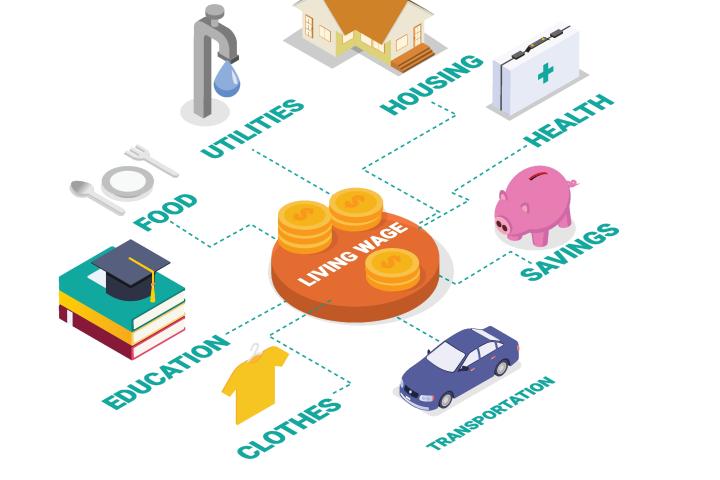
New research project on autoworkers and electric vehicles
A just transition for autoworkers? E-mobility and restructuring in Transatlantic comparison
Virginia Doellgast (Cornell University), Mathieu Dupuis (Université Laval), Anja Kirsch (Freie Universität Berlin), Ian Greer (Cornell) and Art Wheaton (Cornell)
Research project summary, January 2022
It is difficult to overstate the importance of reducing carbon emissions for the future of the Earth. The shift to e-mobility, based on producing cars and other vehicles with electric motors, plays a key role in many countries’ ‘green transition’ strategies. However, it will make many good-quality jobs obsolete, especially in factories that have been producing internal combustion engines (ICEs), axles, transmissions, and engine components for generations. New jobs in the production of electric cars will be created, but they will have different skill requirements and will be located in in new production segments. Due to its potentially far-reaching employment effects, this shift towards e-mobility in the context of climate change raises many political and policy questions. This project will explore the shift toward e-mobility and its effects on workers in the automobile industry in the United States, Canada and Germany.
It is known that the transition to e-mobility requires the restructuring of work and employment in the industry, and this bears potential dangers for workers. However, it is still difficult to say how disruptive the transition will be. It is unknown which firms will succeed in the new electrical components markets, where components will be produced, what skills and qualifications will be required of workers, and whether new production facilities will provide high-quality jobs. New and emerging players, such as Tesla, are developing a non-union production model that may be widely emulated, potentially putting pressures on workers and their representatives to negotiate concessions at established firms. On the other hand, car manufacturers (original equipment manufacturers, OEMs) could seek to restructure existing capacity, through creative labor-management partnerships focused on converting ICE-related plants and redeploying workers.
The project seeks to identify the potential negative impacts of these restructuring measures, as well as factors supporting a more ‘just transition’ that protects and extends job quality. How restructuring is managed is likely to vary between countries and between firms, due to the policies of governments, the corporate strategies of firms, as well as the power and strategies of unions. Therefore, we take a comparative approach, comparing matched case study firms in three countries with different labor market and collective bargaining institutions. We seek to uncover the roles that the key employment relations actors in the auto industry – governments, firms and worker representatives – play in creating a low-carbon economy in which the benefits of environmental sustainability are more broadly and fairly shared.
Our research questions are the following:
- How do corporate strategies for producing electric vehicles differ internationally and across firms, especially in terms of the speed of change?
- How do production strategies for making components for electrical vehicles differ? To what extent is production outsourced, insourced and/or off-shored? How do wages and working conditions in these value chains compare with those in the production of ICE-related components?
- How disruptive is the shift toward e-mobility for the workers producing ICE-related components in international comparison? To what extent do workers face layoffs, plant closures, redeployment to far-away locations, transfers to other companies, or other strains?
- What policies exist that can reduce the strain of layoff or redeployment, and how do they differ between firms and countries?
- What are worker representatives doing to prevent plant closures, and what methods do they have to obtain investment in electric vehicles? Do they make concessions to employers in exchange for investment or jobs?
- Does the shift to e-mobility affect workers differently depending on gender, age, and ethnicity? Do any such effects differ internationally?
- Do the views of auto workers and union activists on the transition to e-mobility differ internationally? Are they opposed or supportive, and what are their ideas for making the transition just?
- How does technological change associated with digitalization and industry 4.0 intersect with the transition to e-mobility? Do the way firms and unions conceive of the link between these issues differ internationally?
We are in the process of applying for funding to carry out research in the United States, Canada, and Germany. The core of the study will be based on qualitative matched case study research methods, including visits to auto plants and interviews with worker representatives (works councilors, shop chairs, and the staff in local union offices who support them), white collar workers, and managers (labor relations and engineering), using standardized questions. These will be conducted in the native language of the interviewee (English or German). In addition, we will collect and analyze the annual reports of the companies included in our study, collective bargaining agreements, and union publications, such as publicly available members’ magazines and websites.
The selection of research sites within the countries is particularly important. We will examine plants that vary in terms of their vulnerability to change: their position in the ICE supply chain (e.g. OEM vs supplier), the product they make (ICE vs e-mobility components), and the strength of worker representatives (including non-union locations in North America). If possible, we will focus particularly on ICE-related plants that have been converted for e-mobility and those experiencing severe disruption, such as closures.


